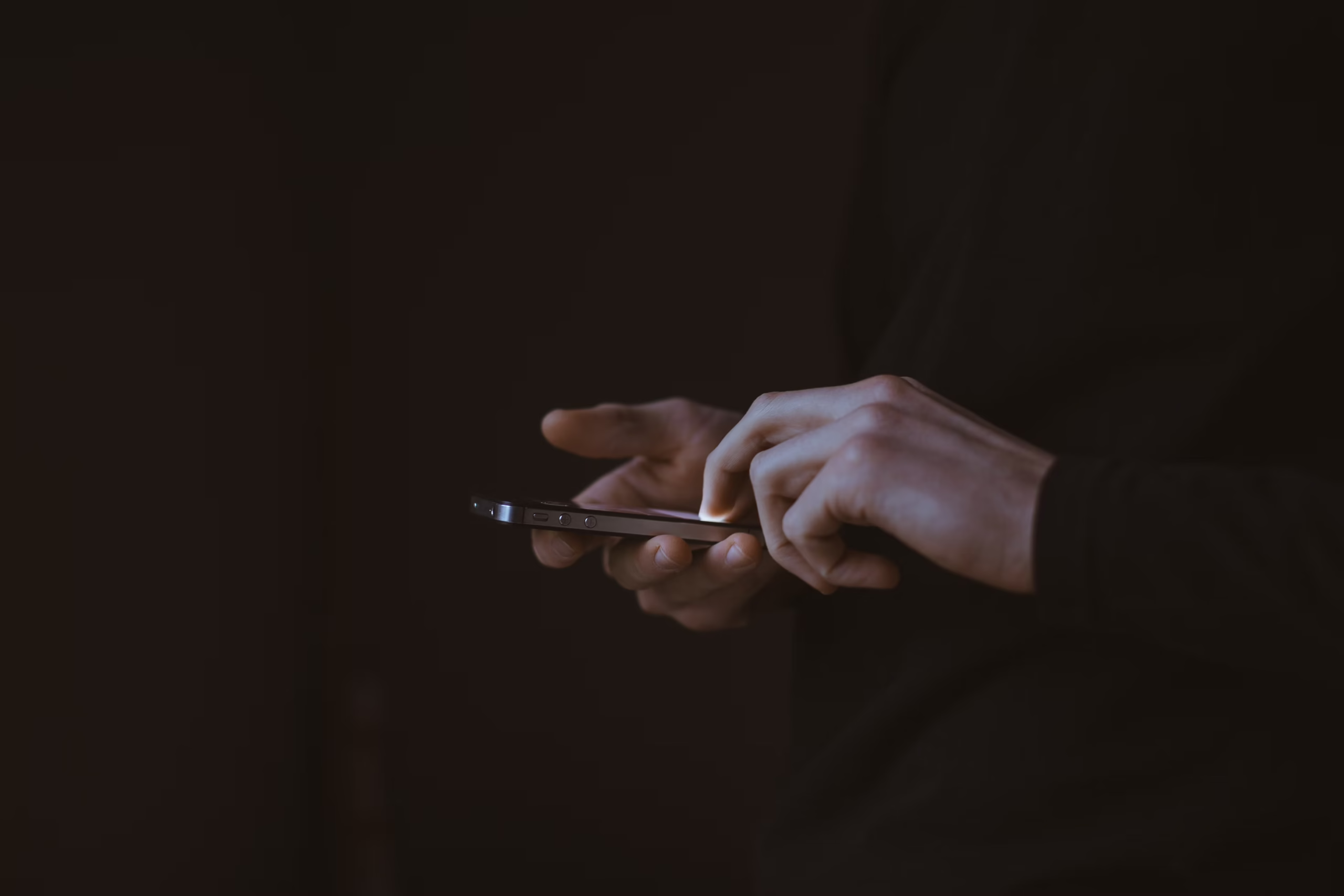We check our phones before we get out of bed. We scroll while we eat. We “relax” by binge-watching shows with a second screen in hand. And when we have 30 spare seconds? We fill it with more screen time.
Technology has undeniably improved our lives — connecting us, informing us, entertaining us. But there’s a tipping point where constant digital input starts to harm more than it helps. From sleep disruption to mental fog, mood swings to attention fatigue, our minds and bodies are sending signals that it’s time to step back.
Enter: the digital detox.
Not to punish yourself. Not to go off the grid. But to reset your brain, reawaken your senses, and reestablish balance.
Why We Need a Digital Detox
Digital devices are addictive by design. Apps, notifications, and infinite scrolls are crafted to hijack our dopamine — the brain’s reward chemical — making us crave “just one more” text, post, or click.
The result? Many of us are:
- Constantly distracted
- Easily overwhelmed
- Anxious or irritable without our phones
- Struggling to focus or finish tasks
- Sleeping poorly
- Feeling disconnected from real-life joy
You don’t need to swear off tech forever. But creating intentional boundaries can help you use technology consciously — instead of letting it use you.
Signs You Might Need a Digital Reset
- You feel compelled to check your phone, even when you’re not expecting anything
- You reach for your device as a default response to boredom, stress, or discomfort
- You struggle to read, think, or sit quietly without distraction
- You feel drained, overstimulated, or restless after time online
- Your real-world relationships are suffering due to screen time
- You’ve forgotten how to be alone with your thoughts
Benefits of a Digital Detox
Taking even a short break from digital overload can improve:
- Sleep: Blue light and late-night scrolling disrupt your circadian rhythm
- Mood: Less exposure to news, comparison, and overstimulation = more peace
- Productivity: Your brain gets space to focus deeply and complete tasks
- Creativity: Mental white space is where your best ideas emerge
- Presence: You rediscover the richness of the offline world — people, nature, your own thoughts
How to Start a Realistic Digital Detox
You don’t have to live in a cabin or throw your phone into a lake. Start small. The goal is to create intentional digital boundaries — ones that serve you.
Here are a few practical ways to begin:
1. Designate Tech-Free Zones
Start with your bedroom and your dining table. Keep screens out of sleep and meal spaces to reclaim rest and connection.
2. Create Phone-Free Mornings (or Evenings)
Try 30–60 minutes of screen-free time after waking up or before bed. Fill that space with journaling, reading, stretching, or quiet reflection.
3. Delete Time-Sucking Apps (Even Temporarily)
Social media, games, and news apps can eat up hours. Try removing one for a few days — just to see how you feel without it.
4. Use “Do Not Disturb” Mode Generously
Protect your focus by silencing notifications during work, creative time, or downtime. The world will wait — your peace is worth it.
5. Try a 24-Hour Tech Sabbath
Pick one day a week (or even a half-day) to unplug as much as possible. Go outside. Cook. Talk. Rest. Move. Feel how different the world seems.
6. Notice What Comes Up
The first time you unplug, you might feel twitchy, bored, or even panicked. That’s normal. You’re breaking a habit loop. With time, calmness and clarity emerge.
Relearning Real Presence
When you put down your devices, something amazing happens: your senses come alive again. You hear birds. You notice your breath. You feel the texture of your food. You look someone in the eye — really look — and feel their presence.
Digital life is fast, loud, and full of noise. Offline life is slower, deeper, and more grounded. You don’t have to choose one or the other — but you do get to choose balance.
Final Thoughts
A digital detox isn’t about restriction. It’s about reconnection — to your body, your mind, your relationships, and your real life.
Start where you are. One hour. One room. One habit. Over time, your brain recalibrates. Your nervous system softens. And you begin to feel something you may not have felt in a while:
Present. Clear. At ease.
You don’t need a new app to get there. Just a little space.

